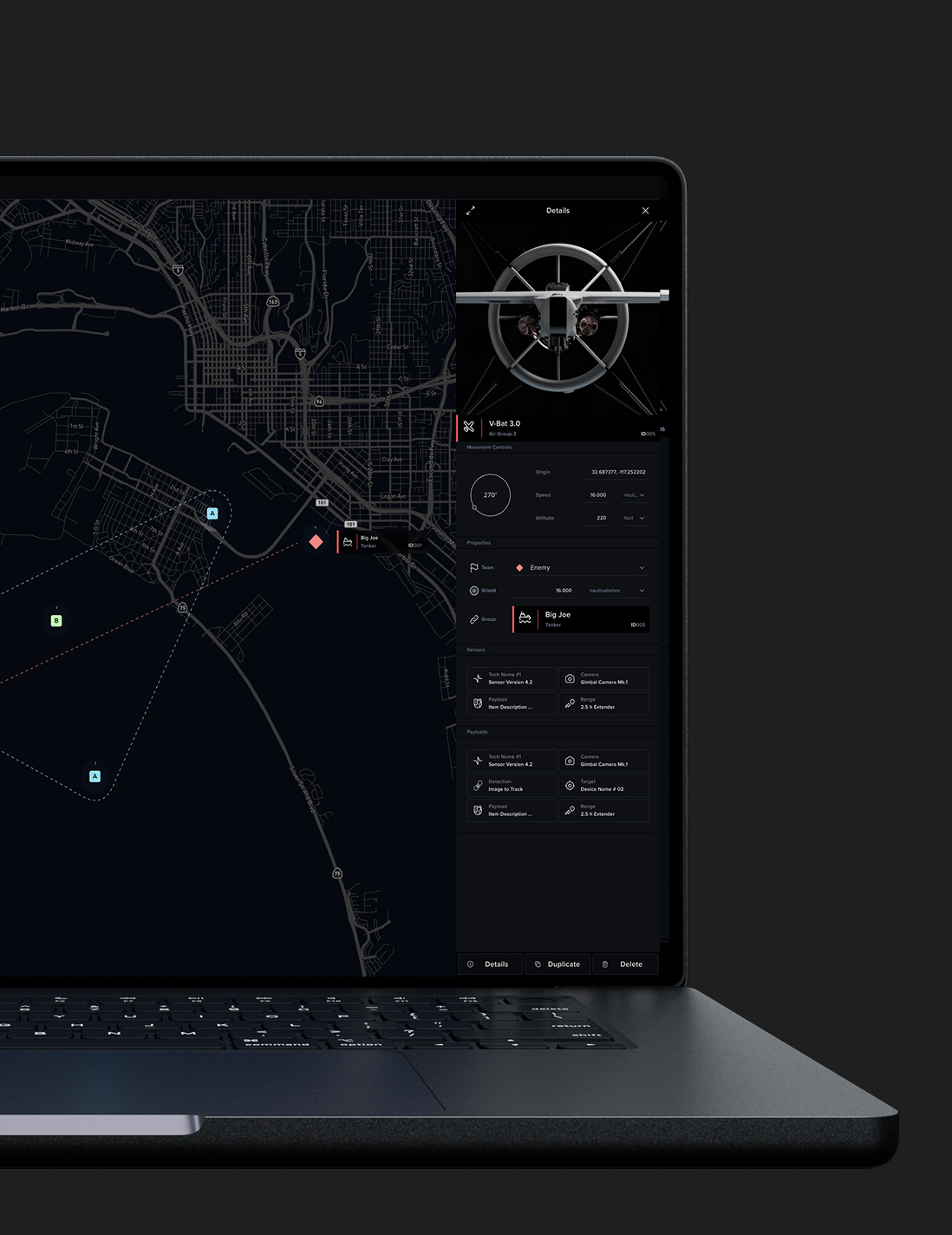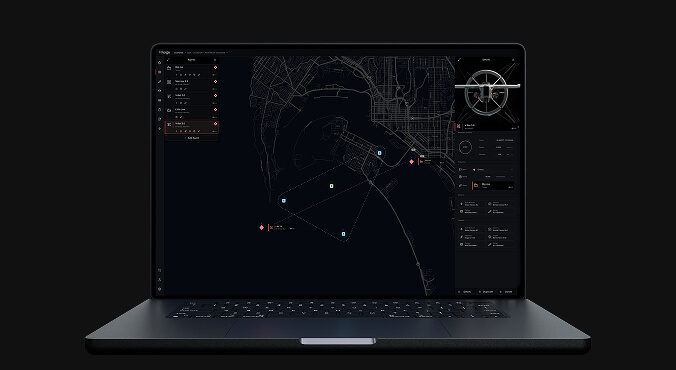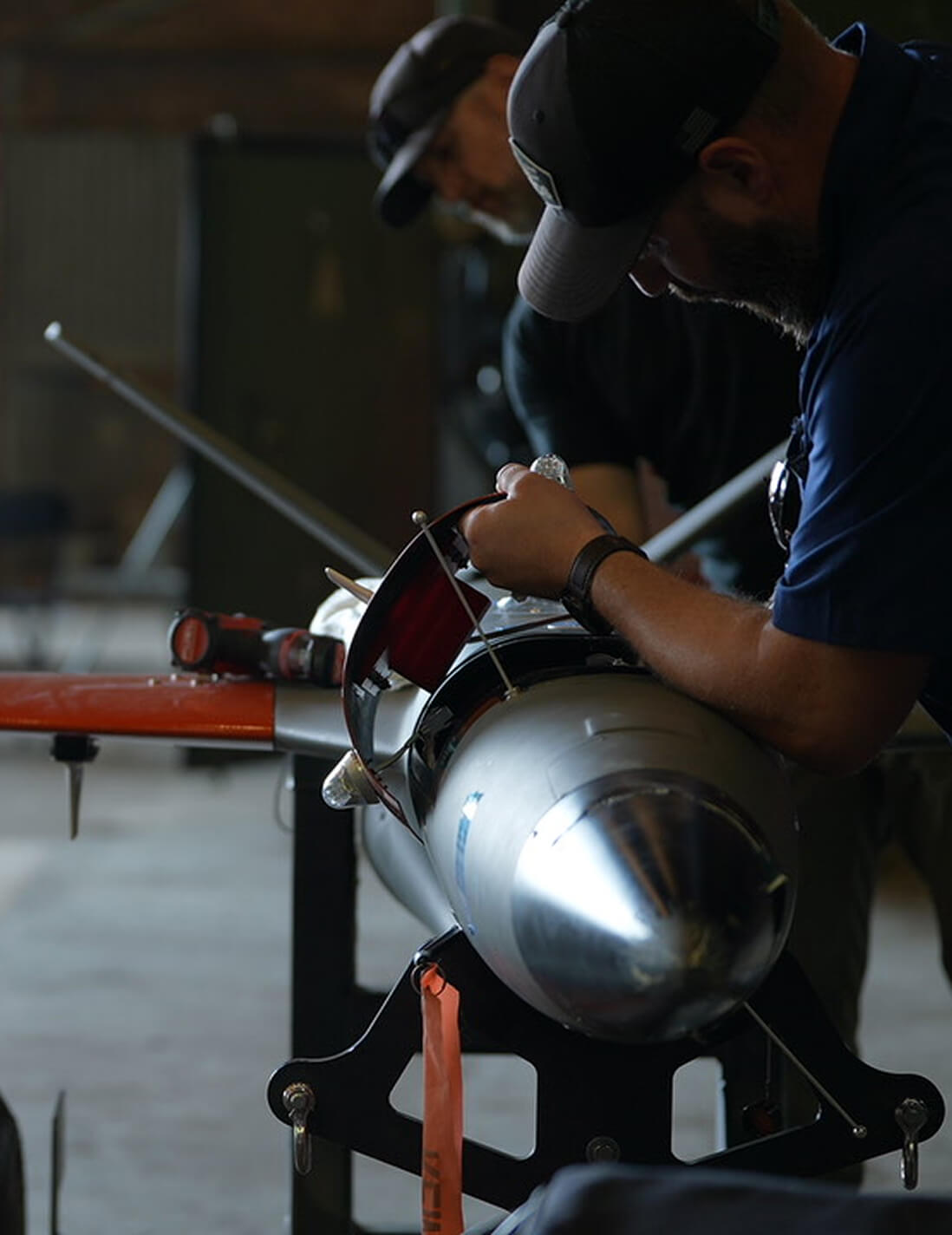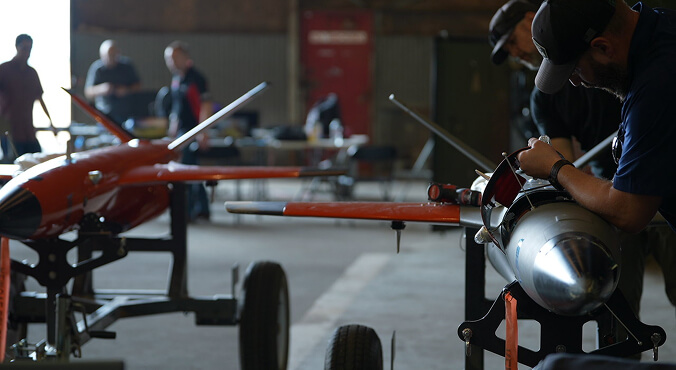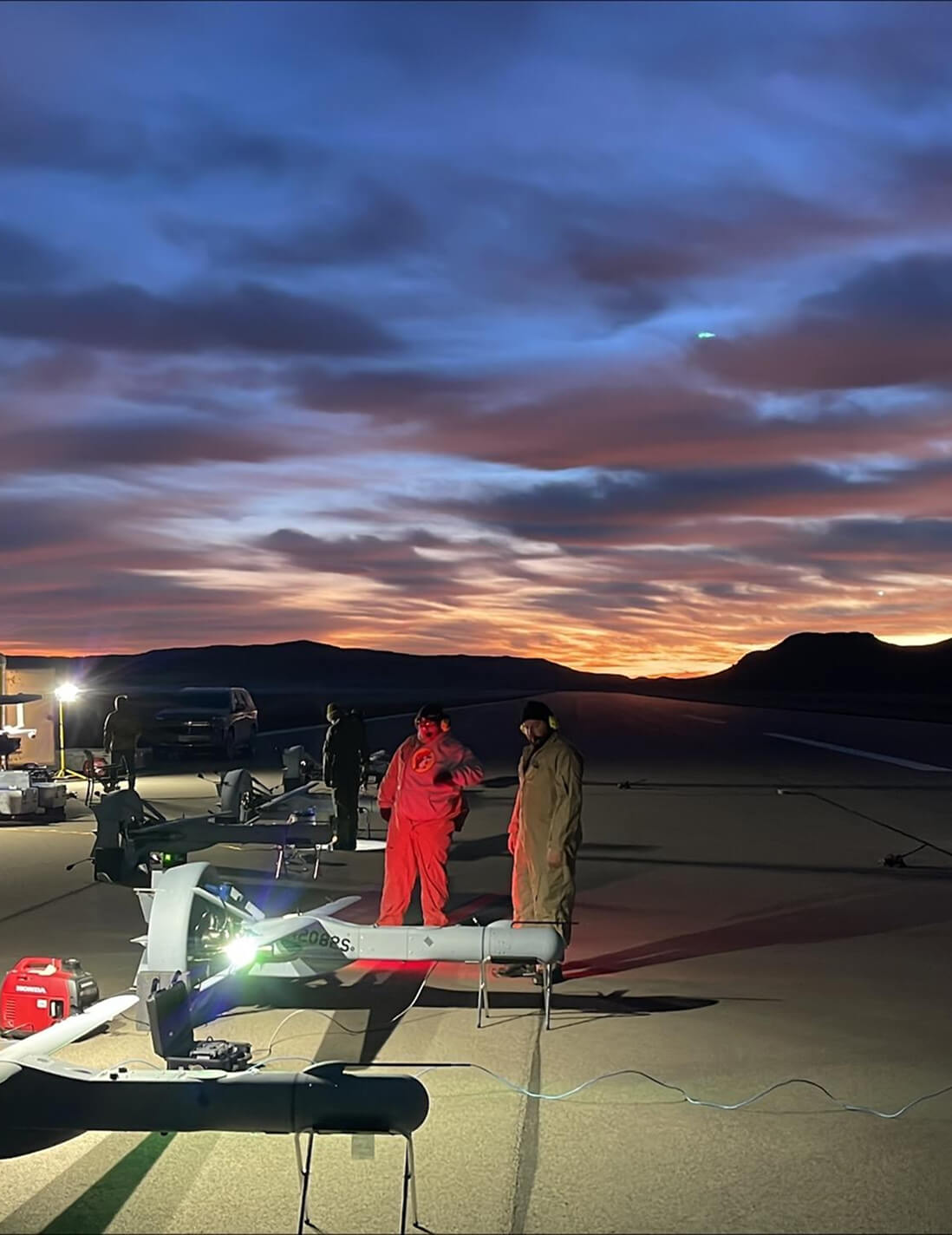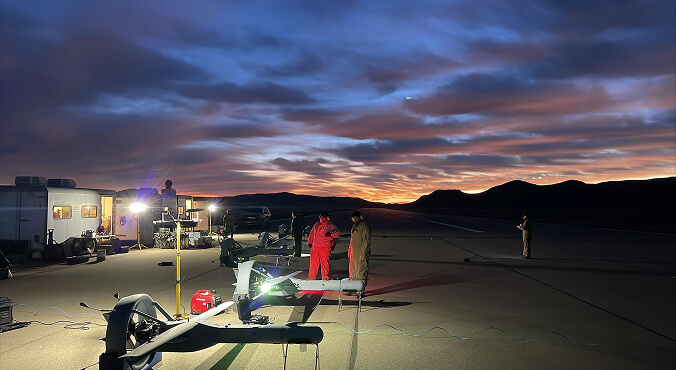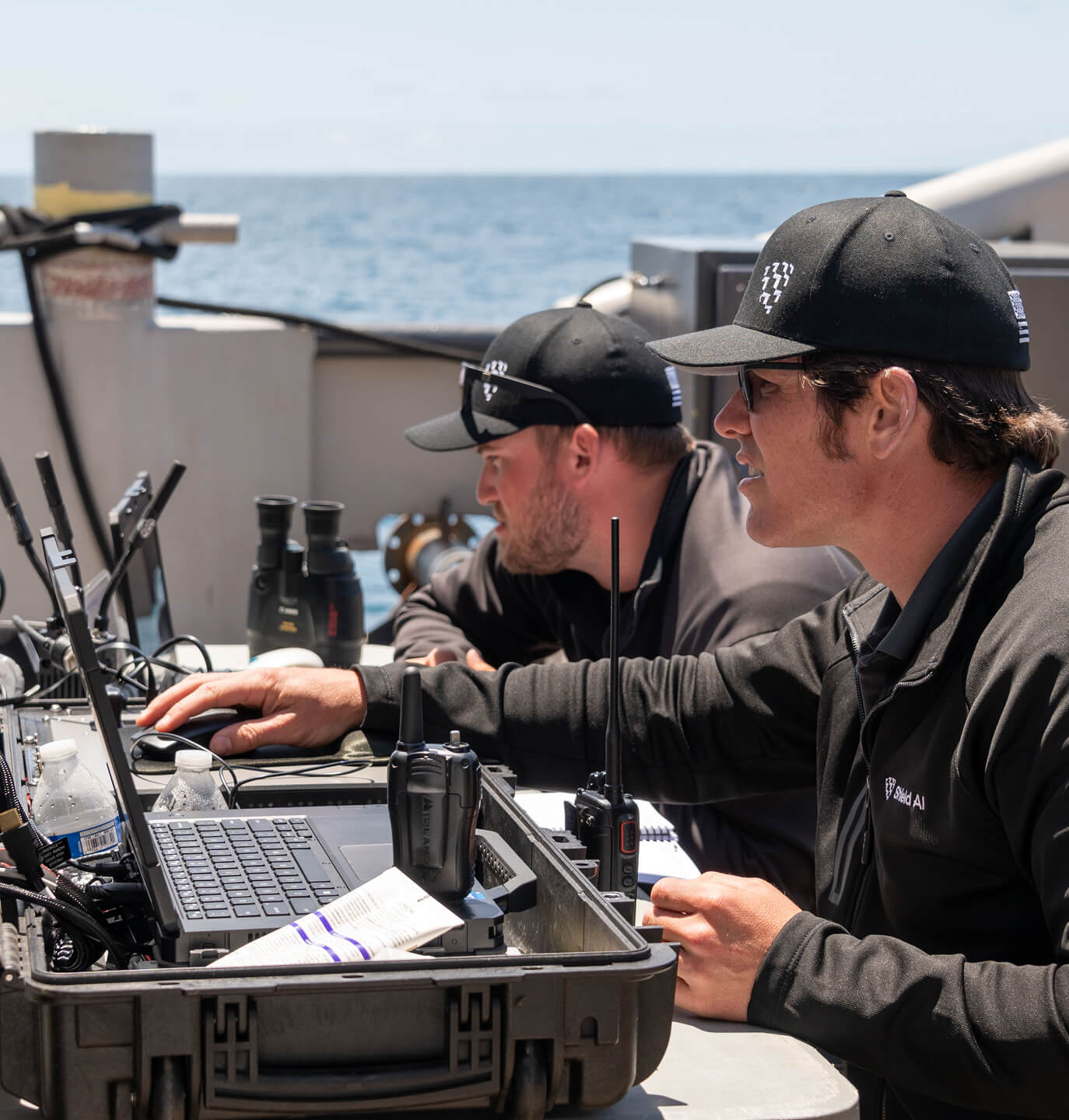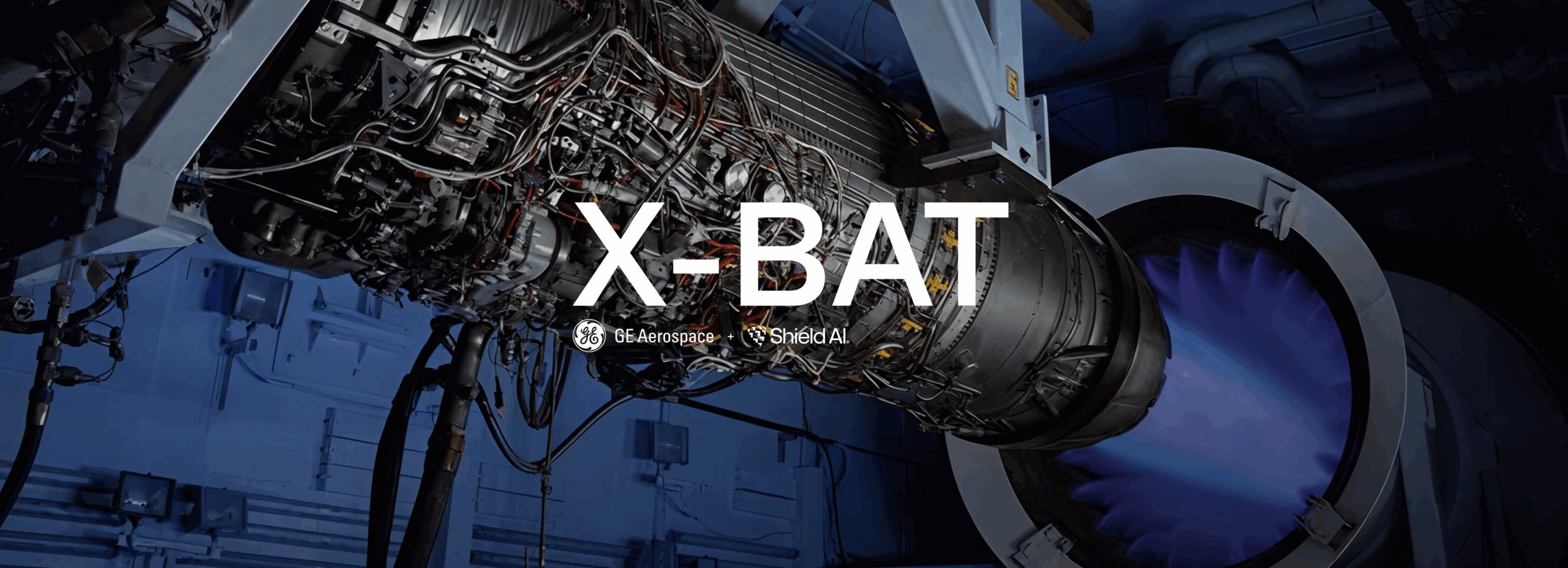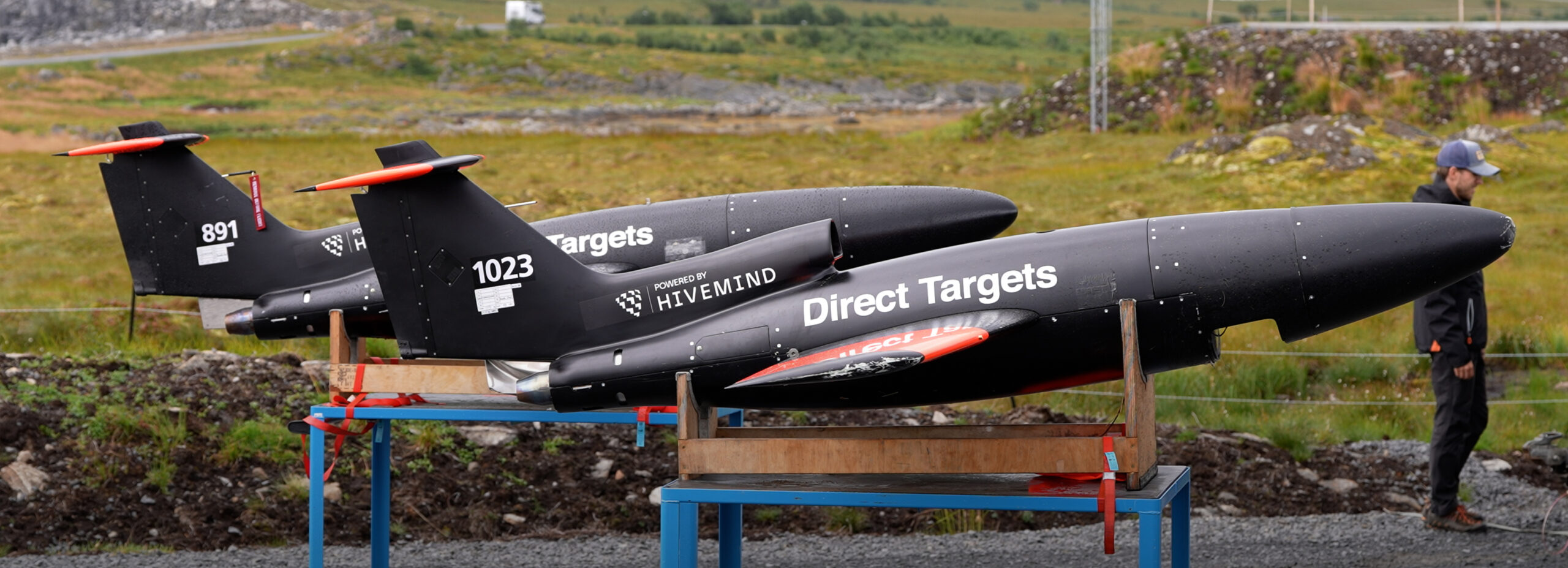[November 11, 2025]
The Greatest Victory: Joe Hildebrand
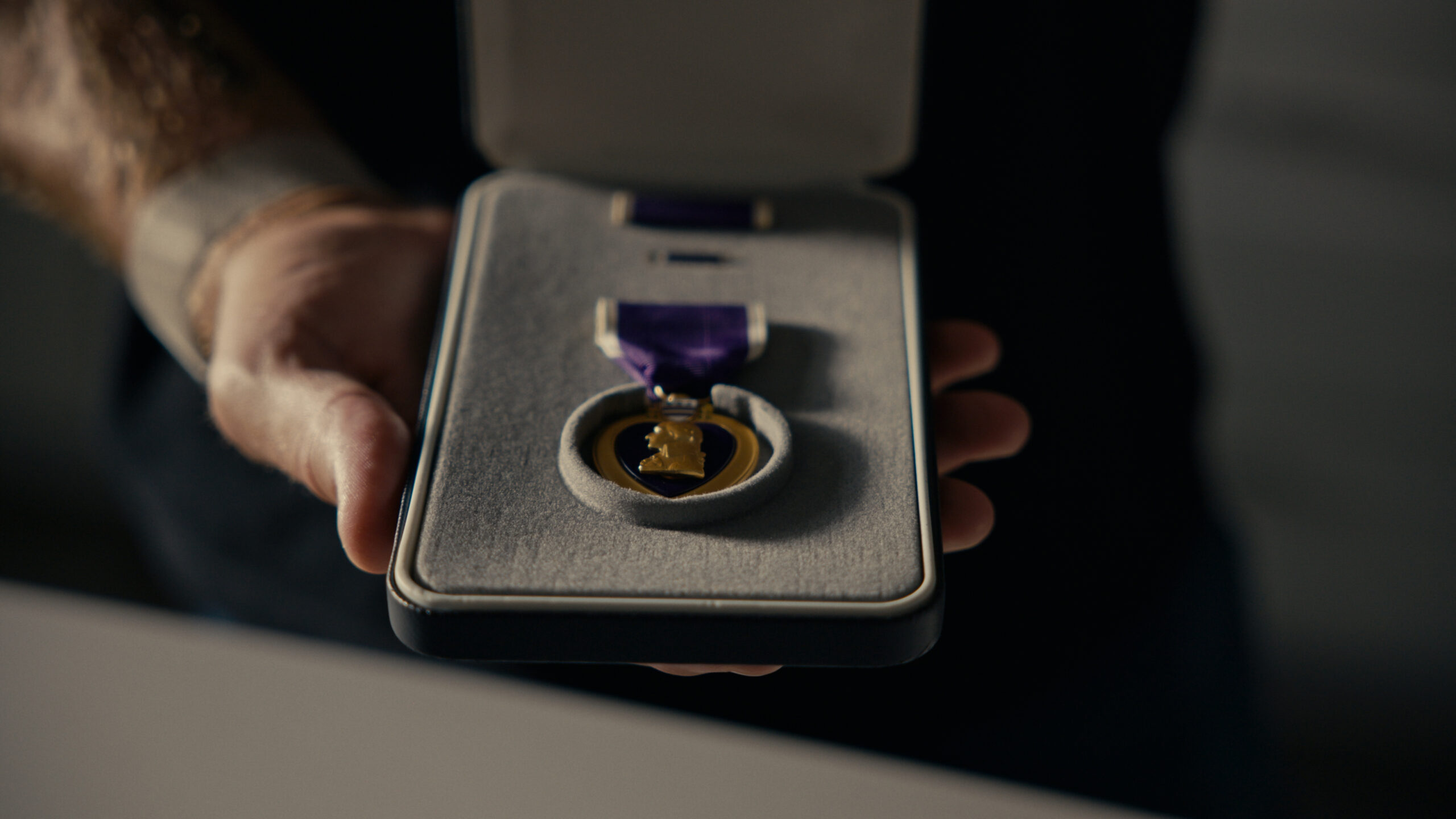
It was a typical day for Bravo Platoon. The Navy SEAL platoon members assumed their daily rotational positions, with sights and scopes set on the streets of Ramadi, when suddenly, a grenade dropped through the sniper loophole, as faint as a pin drop, yet carrying the weight of something far more sinister. The moment they had trained for, yet prayed would never come, was here: The SEAL’s position was under attack.
Through the smoke-filled room, they moved with practiced precision, following protocol, calling for extraction, tending to the wounded. As they moved towards the safety of the Bradley Fighting Vehicles a massive improvised explosive device (IED) detonated. The air filled again with choking smoke, thick with the stench of dust and burnt metal, a scene too familiar, too soon. Amid heavy gunfire, they hit the ground, took shelter, and counted heads: one barely alive and one critically wounded.
Over the screams and shouted commands came the crackle of the radio: “Where are you guys?”
“Look for the blood and the smoke, we’re there. ”
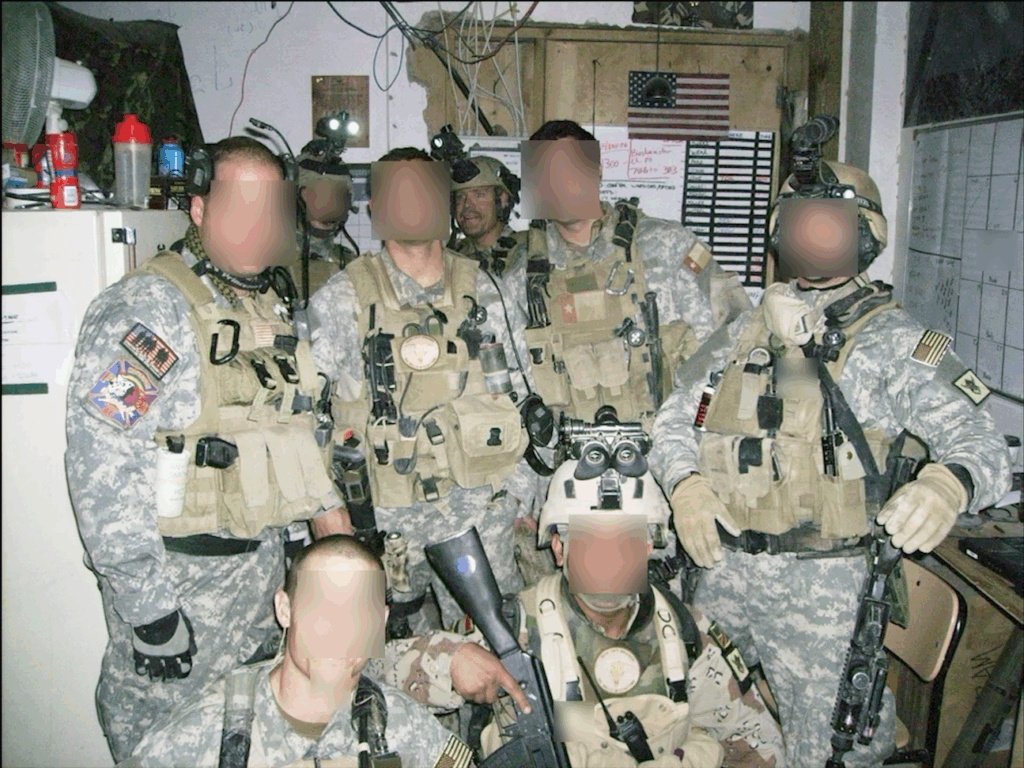
Joe Hildebrand grew up in a small town in Arkansas, where he spent his days hunting, fishing, and exploring the outdoors. After graduating high school, he wasn’t sure what came next. The military, he decided, could offer purpose, and perhaps a way to discover who he was meant to be.
“I could see the different adventures in the military, and I didn’t know what I was going to do in life. So, I thought about going into the military, serving my country, and that it was going to help me figure out what the next steps in life were going to be.”
Growing up, Joe had read Brave Men, Dark Waters by Orr Kelly, the untold story of the Navy SEALs, and was captivated by it. However, coming from a small rural town, he hadn’t prepared yet to join something so demanding straight out of high school. So, in September 1995, he instead decided to enlist in the Navy as a Seabee, responsible for building and maintaining critical infrastructure globally.
After several years in construction and a tour at Camp David, Joe felt a deeper calling – one no longer about simply having a job, but about being part of something bigger than himself. He set his sights on becoming a SEAL. After enduring the rigors of Basic Underwater Demolition/SEAL (BUD/S) training, he earned his Trident in 2004.
He joined SEAL Team 5 Bravo Platoon, quickly discovering that the platoon was more than a team – it was a family bound by sacrifice and a dedication to service.
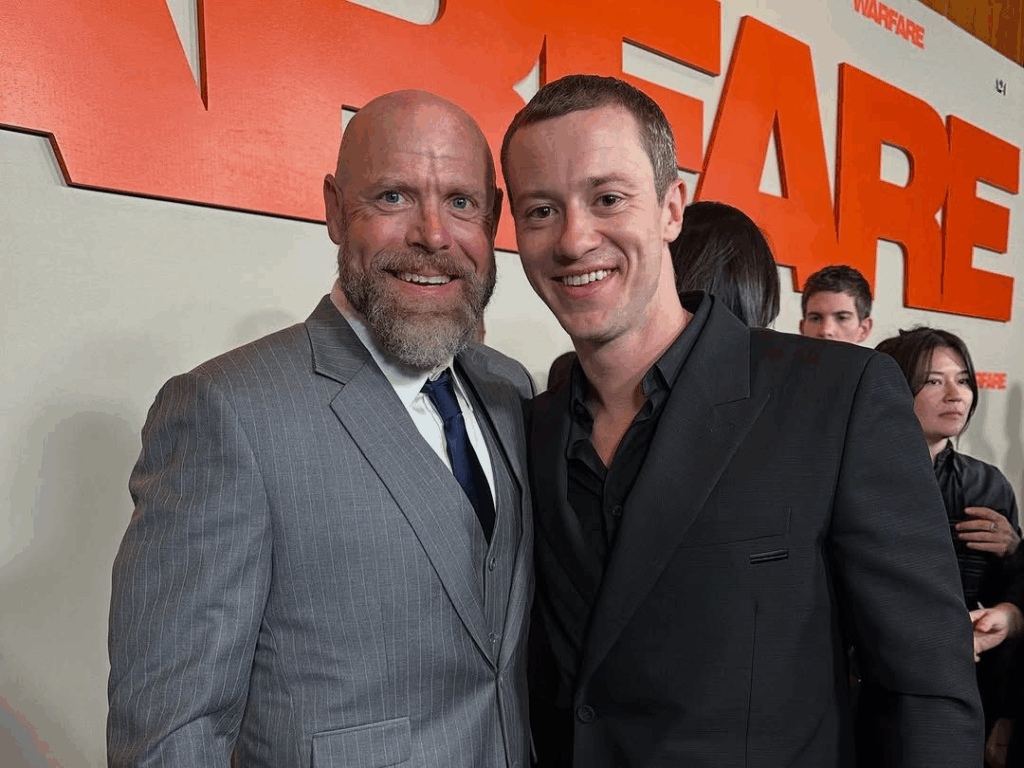
“A platoon is a family that you will lay your life down to protect. That’s easy to say. It’s a lot harder in action. You literally begin to love someone to the point where you are willing to do anything for them, and that’s what being part of a platoon is. It’s being so close to someone that you’re willing to work together for a common goal, but you’re willing to sacrifice everything in the process.”
In 2006, Bravo Platoon deployed to Ramadi, Iraq, at the height of the Iraq War. On November 19, the platoon occupied a local house to provide overwatch support following a direct-action raid the night before. What began as a routine surveillance mission quickly turned into one of survival.
“It was a day that was not different than many other days. We were just out on another mission, and we’d done these missions tons of times. The difference was we had gone through all our contingencies, and things just kept going wrong.”
The first attack came when insurgents lobbed a grenade through a loophole in the wall of their observation post, exploding and leaving a fragment in the arm of Elliott Miller, one of the platoon’s snipers and medic. The platoon followed protocol, tending to Elliott’s wounds while calling for medical extraction via a Bradley Fighting Vehicle. They worked through the contingency, planning on evacuating Elliott and returning to their mission, but they did not plan on what awaited them outside.
As the SEALs broke out of their position heading towards the Bradley Fighting Vehicle, the insurgents detonated an IED, followed by a bombardment of heavy fire. The blast tore through the air, critically wounding Elliott and shattering Joe’s legs.
“It was about noon, so it was really bright. But with all the dust and the smoke from the blast, it was super dark at my level,” said Joe. “I tried to lift my legs into the sky because I wanted to get that light to see what was going on. I could see my pants just came up and fell, so I thought my feet were gone.”
As time seemingly stopped, Joe tried to crawl himself to safety until his teammates found him and dragged him back inside the house, two rooms deep to protect him from further blasts. Though none were medics, they worked to stop the bleeding and stabilize him. Through it all, Joe never once believed he would die because in the SEALs, your brothers wouldn’t let you. As Ray Mendoza, his teammate, applied his limited medical knowledge to help save Joe, they found humor and calmness in their camaraderie.
“At one point, Ray said ‘You’re fine.’ I told him, ‘My feet are gone.’ He looked down and said, ‘No, they’re there. They’re just in the wrong place.’”
The story of that day would later become the basis for Warfare, a 2025 A24 film directed by Ray. Drawing on firsthand accounts from the men who lived it, the movie honors the courage and sacrifice of the platoon, with a special dedication to Elliott Miller, who lost his left leg, his ability to communicate as he once did, and much of his memory of the attack.
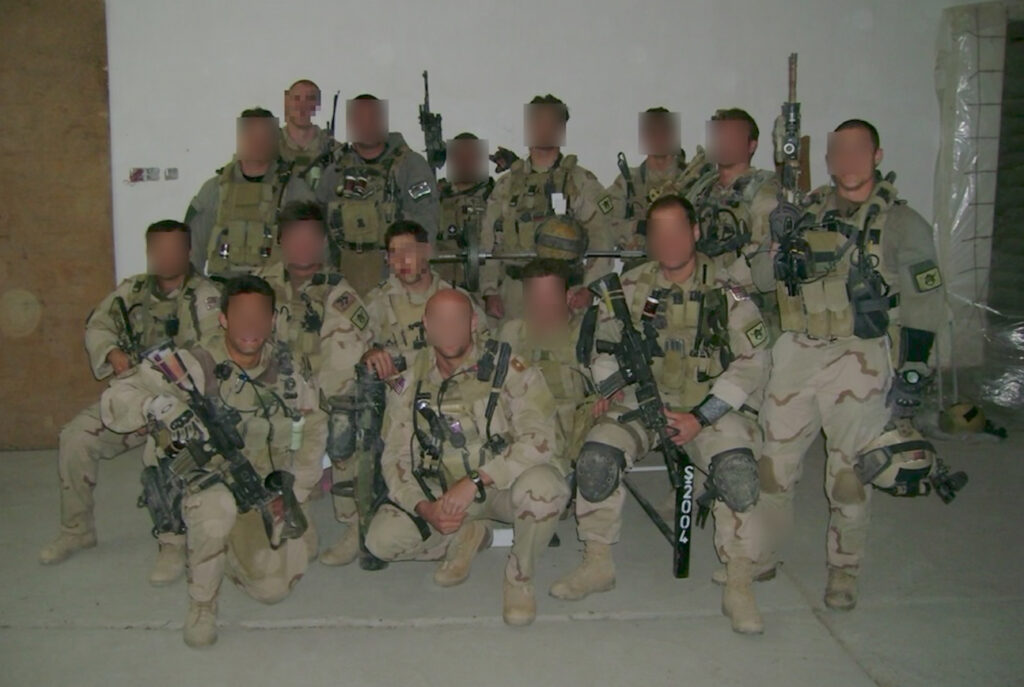
When reflecting on how the team managed to survive the insurgent attack, Joe said, “You have to keep fighting until the end. And that’s what we did. We fought until we were able to get everybody out of there.”
Surviving the battlefield was only the beginning. The recovery that followed Joe was its own kind of battle. Joe’s injuries were severe; the IED destroyed his tibias and fibulas, shattered his ankles, and tore his femoral artery. Doctors warned him he may never walk again, but Joe never shied away from the fight.
“I couldn’t stand up. I couldn’t do all these things, but I made a conscious decision that every day, I’m going to improve,” Joe recalled. “Putting that one foot in front of the other and really getting after it was the hardest part. It was rewarding, but it was exhausting. It was difficult, but it was necessary.”
Through countless surgeries, physical therapy, and sheer willpower, Joe not only walked again and made a full recovery, but he also returned to duty. His perseverance carried him back to the SEAL teams, where he rose through the ranks to become a Command Master Chief.
After twenty-six years in the Navy, Joe decided to retire, but his lifelong journey of service was far from over.
“When I retired, hanging my uniform up, I thought that sense of service is complete. I feel fulfilled, and I’m going to go on, live my life, and just enjoy. But within a very short amount of time, I realized I had a void, and it was the service. It was the giving back. So, I started looking around like, how do I fill that void?”
Not long after leaving the military, he heard about Shield AI from Mark Mason, a former SEAL teammate who had joined the company. The mission immediately resonated with him: protecting service members and civilians with intelligent systems.
Having spent decades in uniform, Joe understood the reality of war better than most. “As warriors, we embrace war because that’s what we do,” he said, but with experience comes perspective. Over time, he came to realize that true leadership means seeking to avoid unnecessary conflict whenever possible.
For Joe, joining Shield AI felt like a continuation of service. He saw how the company’s technology could help prevent the very conflicts he once fought in, buying precious time for diplomacy and saving lives in the process. It bridged the gap between his military service and a new mission in the civilian world.
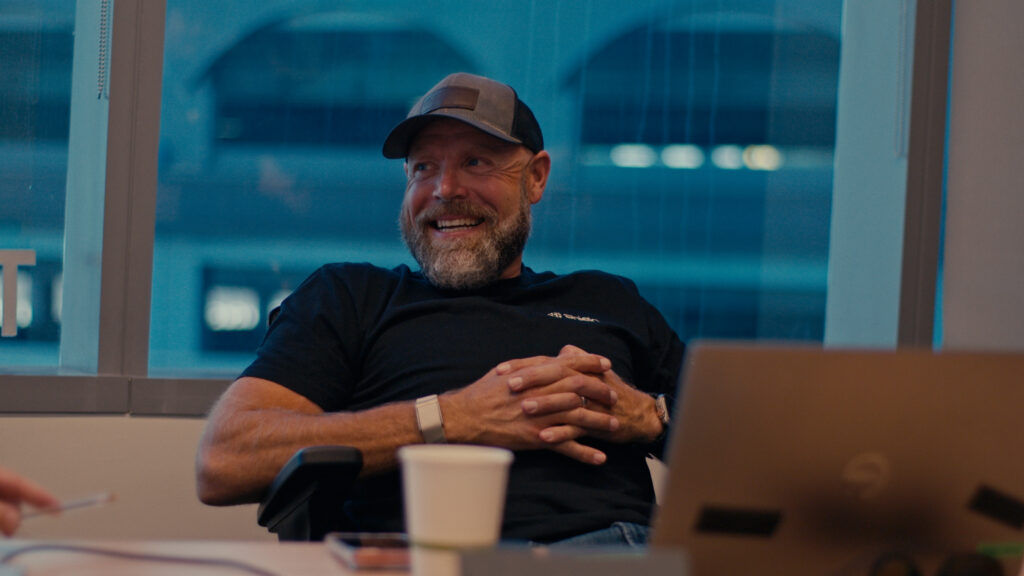
“Deterring war is the best answer, but it’s hard. I think Shield AI is absolutely taking on that challenge. By some of the products that we’re making, we are trying to buy the time to let diplomacy work,” said Joe. “We are helping other people and helping save lives at Shield. That was one of the things that drove me to Shield after I hung up my uniform. Service doesn’t end with taking the uniform off. You just transition to a different battlefield.”
Today, as a Senior Customer Trainer for Hivemind Vision Systems, Joe continues his commitment to service by supporting Shield AI’s customers as they adopt next-generation autonomy solutions. He specializes in helping users integrate ViDAR, a passive, wide-area search system that autonomously detects, locates, tracks, and classifies objects. Over his three years with Shield AI, Joe has witnessed firsthand how these technologies save lives across a range of missions, from counter-narcotics operations to search and rescue efforts. While his uniform may have changed, his dedication to serving others remains.
